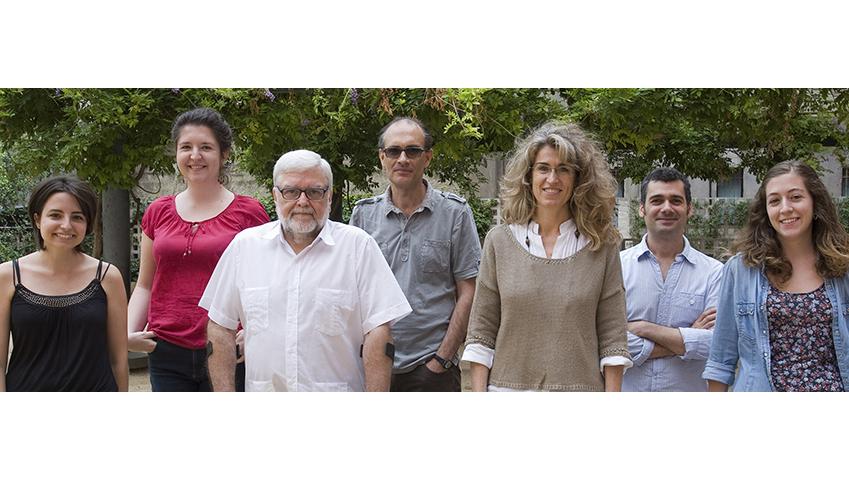


Cellular Neurobiology


The Cellular Neurobiology group is focused on the study of neuroinflammation in the context of neurological diseases (Alzheimer’s disease, Parkinson’s disease, Huntington disease, multiple sclerosis and amyotrophic lateral sclerosis). Neuroinflammation, in which activated glial cells (mainly microglia) are involved, has been repeatedly suggested to play a key role in the etiopathogenesis and/or the progress of these disorders. Our working hypothesis is that the modulation of glial activation may be a therapeutic strategy to act against neuroinflammation and neuronal damage in neurological diseases. To this end, it is critical to know the cellular and molecular mechanisms involved on glial activation in order to be able to identify potential therapeutic targets.
The main objective of our research work is to obtain information that could help to develop new strategies to contribute to the prevention and improvement of neurodegenerative processes occurring in the presence of chronic glial activation, using appropriate cellular and animal models. We perform in vitro and in vivo studies using experimental animals, primary cell cultures (mixed glial cell cultures, enriched microglial, astroglial or neuronal cultures, mixed neuron-glia cultures) and cell lines. We are also working with human samples (post-mortem brain tissue, peripheral blood). We are expertise in cytological, histological, biochemical, and molecular and cellular biology techniques.
Main research lines
- Mechanisms of control of glial activation.
In the last years, we have been centred on the study of the mechanisms of control of the glial inflammatory response and the resulting neurotoxicity, such as the CD200-C200R1 ligand-receptor pair (inhibitory mechanism by cell contact) and the C/EBP family of transcription factors (master regulator of the expression of pro-inflammatory factors).
- Evaluation of the anti-inflammatory and neuroprotective properties of new compounds.
We are involved on the study of anti-inflammatory and neuroprotective effects of new compounds. We use in vitro and in vivo experimental approaches, with special attention to the action of the compounds on our proteins of interest and on glial cell metabolism.
- Development and improvement of in vitro tools to study glial cell biology, glial activation and the resulting neurotoxicity.
We have a wide experience on the use of murine primary cell cultures of neurons and/or glial cells and we are interested on the development and improvement of in vitro methods to study glial cell biology. However, as important differences exist between rodent and human microglia, it is critical to develop tools to study human microglia such as microglia isolation from fresh post mortem brain tissue, monocyte-derived microglia-like cells and iPSCs-derived microglial cells, considering patients with neurological disorders and their corresponding controls.
We work in close collaboration with the Neuroinflammation group of the University of Barcelona led by Dr. Josep Saura, who is also on the Hospital Clinic campus (https://www.ub.edu/portal/web/dp-biomedicina-es/neuroinflamacio.-ip-josep-saura-marti). We function as a group with two laboratories sharing protocols and equipment, with co-participated projects, co-directed theses and common seminars.
-
Associated Personnel
